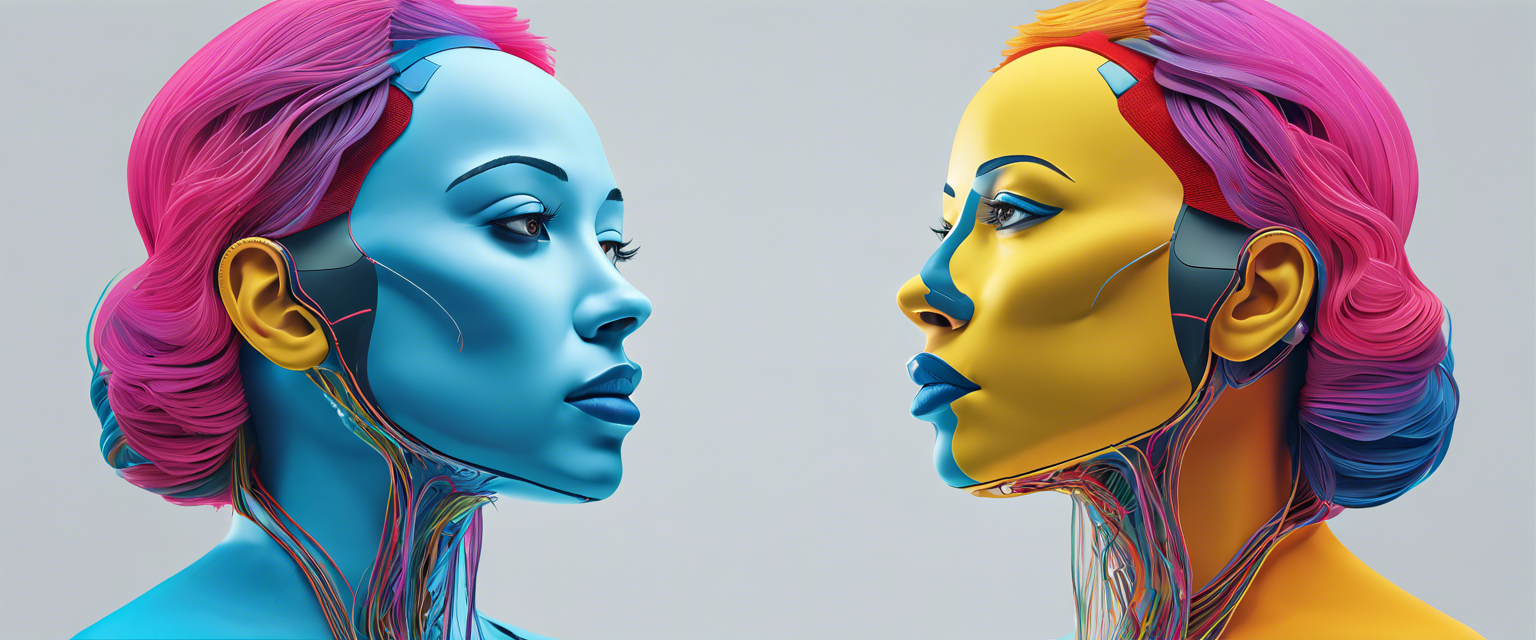Discovering OpenAI Whisper: A Breakthrough in Speech Recognition
Whisper, a revolutionary speech recognition system developed by OpenAI, has transformed the way we handle audio data. With an impressive training regimen that includes 680,000 hours of multilingual and multitask supervised data collected from the web, Whisper has exhibited resilience to accents, background noise, and specialized language. This system not only transcribes audio in numerous languages but also has the ability to translate spoken content into English.
Understanding the Limitations of Whisper
While Whisper excels in transcription accuracy, it faces challenges in speaker identification within conversations. Diarization, the process of distinguishing and identifying speakers in a dialogue, plays a crucial role in conversation analysis, and this is where Whisper needs assistance.
Using Pyannote Audio for Diarization
To overcome Whisper's limitations in speaker recognition, we can utilize pyannote.audio, an open-source toolkit designed for speaker diarization. Built on the PyTorch machine learning framework, pyannote.audio provides a comprehensive toolkit of trainable end-to-end neural building blocks, along with pretrained models for tasks including voice activity detection, speaker segmentation, and overlapping speech detection. This toolkit achieves state-of-the-art performance in most of these areas.
Preparing Your Audio File
- Download the audio file using yt-dlp.
- Extract the first 20 minutes of audio using the ffmpeg tool.
- Use the pydub package for audio manipulation and create a new file named
audio.wav.
Steps to Implement Diarization with Pyannote
Follow these steps to install pyannote.audio and generate the diarizations:
- Install pyannote.audio and its dependencies.
- Run the diarization process on the audio file to identify speaker segments.
- Print the output to view the diarization results.
Sample Output Analysis
The output will show the start and end times of each speaker segment in milliseconds, helping us visualize the dialog flow between speakers. Next, we will fine-tune the data for better accuracy.
Connecting Audio Segments with Diarization
In this stage, we align the audio segments according to the diarization results using spacers as delimiters. This will pave the way for the following transcription process.
Transcribing Audio with Whisper
Following the diarization, we will utilize Whisper to transcribe each segment of the audio file:
- Install OpenAI Whisper.
- Execute Whisper on the prepped audio segments; it will output the transcription results.
- Adjust the model size to fit your requirements.
- Install the webvtt-py library to work with .vtt files.
Matching Transcriptions to Diarizations
Finally, we correlate each transcription line with the corresponding diarization segments and generate a visually appealing HTML file to display the outcomes. Special attention will be given to audio portions that don't fall into any diarization segment, ensuring completeness in our final output.
Applications of Your New Skills
Upon mastering these techniques, you can:
- Participate in AI hackathons to innovate and create applications utilizing Whisper.
- Join solo or team initiatives like New Native's Slingshot program to refine your project.
- Launch your app and contribute solutions to real-world problems with AI.
- Alternatively, you may choose to put your project aside, allowing others to drive technological change. However, we encourage embracing the challenge!
Join the AI Community
During lablab.ai’s AI hackathons, over 54,000 individuals from a variety of disciplines have crafted more than 900 prototypes. These numbers continue to rise each week. Don't miss out on the chance to be part of the largest community of AI builders and make a significant impact!



댓글 남기기
모든 댓글은 게시 전 검토됩니다.
이 사이트는 hCaptcha에 의해 보호되며, hCaptcha의 개인 정보 보호 정책 과 서비스 약관 이 적용됩니다.